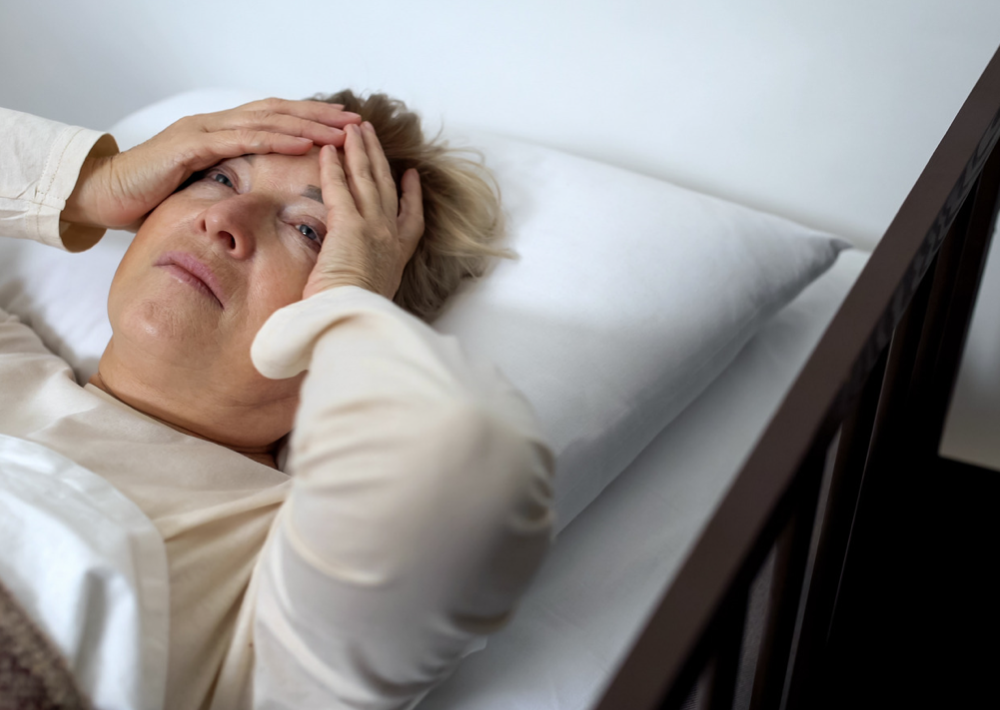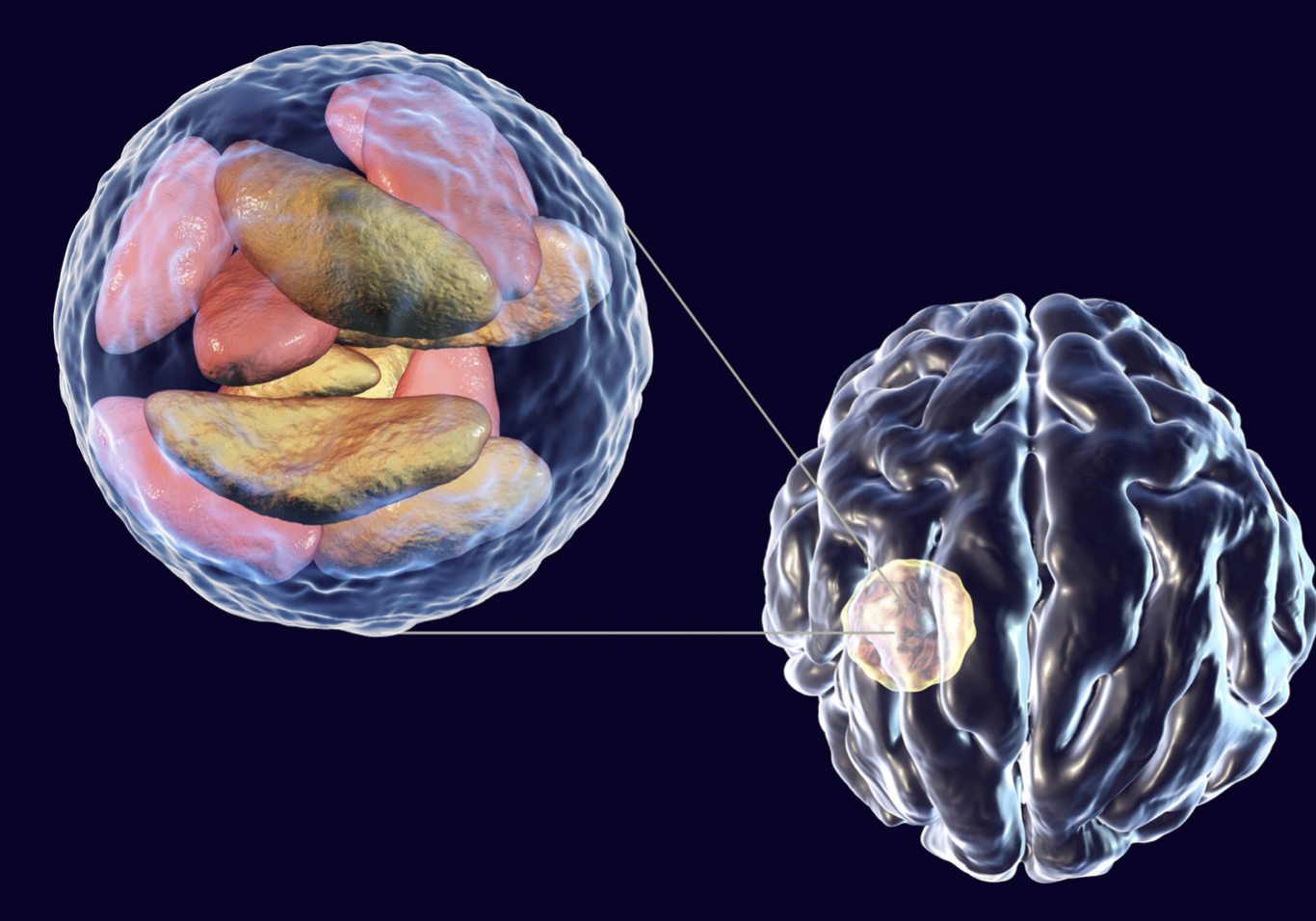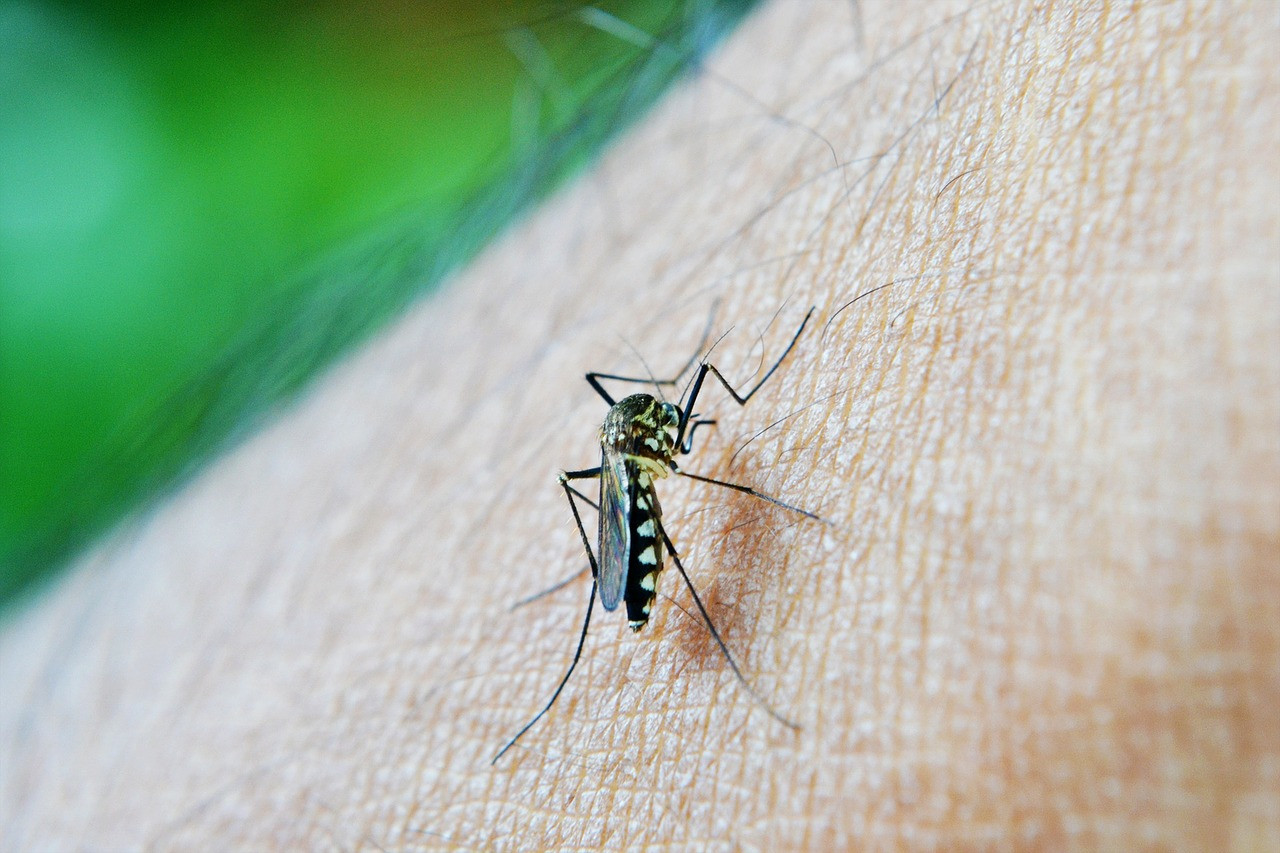Definition
Meningitis is an inflammation of the meninges, which are the membranes surrounding the brain and spinal cord (medulla spinalis). This inflammation can cause symptoms such as headache, fever, and stiff neck. The incidence of meningitis cases worldwide varies, with lower numbers in Europe and America (about 1 case per 100,000 people) and higher numbers in Africa (800 to 1,000 cases per 100,000 people). In Indonesia, there are about 1.2 million bacterial meningitis cases annually, with approximately 135,000 deaths.
According to the Ministry of Health, there were around 19,381 meningitis cases in Indonesia in 2010, with 1,025 deaths. Early treatment of meningitis can prevent serious complications.
Causes
Meningitis can be caused by viruses, bacteria, fungi, and parasites. Viral infections are the most common cause of meningitis, followed by bacterial, fungal, and parasitic infections. In Indonesia, a significant cause of meningitis is the bacterium Mycobacterium tuberculosis, which also causes pulmonary tuberculosis (TB). According to WHO, around 1,020,000 people had TB meningitis in Indonesia in 2015.
- Bacterial meningitis is caused by bacteria from other infected organs entering the bloodstream and crossing the blood-brain barrier. This causes the meninges to become inflamed. In some cases, bacteria can directly infect the meninges due to infections near the brain, such as ear or sinus infections. Bacterial agents that cause meningitis include Streptococcus pneumoniae, Neisseria meningitidis, Mycobacterium tuberculosis, and Haemophilus influenzae.
- Viral meningitis is usually milder and self-limiting, depending on the virus type. Viruses that can cause viral meningitis include herpes simplex virus, HIV, and mumps virus.
- Fungal meningitis is rarer. Fungi can enter the body through inhaling fungal spores from soil, trees, or bird droppings. It is more common in individuals with weakened immune systems, such as those with HIV/AIDS or those taking immunosuppressive drugs. Although not contagious, untreated fungal meningitis can lead to severe complications and death.
- Parasitic meningitis is caused by worms or amoebae entering the body through activities such as swimming in contaminated pools.
Other causes of meningitis include chemical reactions, drug allergies, cancer, and inflammatory diseases like sarcoidosis.
Risk factor
Factors that can increase the risk of meningitis include:
- Lack of vaccination - Some meningitis-causing agents, like Neisseria meningitidis and Haemophilus influenzae, can be prevented with vaccines. Not being vaccinated increases the risk of meningitis. Indonesian Hajj pilgrims are advised to get vaccinated due to the high incidence of cryptococcal meningitis among them.
- Age - Meningitis is more common in children under 5 years old and seniors over 65 years old.
- Living environment - People living in close quarters, such as dormitories, military bases, and boarding schools, are at higher risk due to the potential spread of meningitis through respiratory droplets.
- Pregnancy - Pregnancy increases the risk of Listeriosis infection (Listeria bacteria), which can cause meningitis, preterm birth, and miscarriage.
- Weakened immune system - Conditions such as HIV/AIDS, diabetes, excessive alcohol consumption, and the use of immunosuppressive drugs increase the risk of meningitis.
Symptoms
Early symptoms of meningitis can resemble the flu (influenza). Symptoms can appear within hours to a few days, including:
- Sudden high fever
- Stiff neck
- Severe headache different from usual headaches
- Headache with nausea or vomiting
- Confusion or disorientation
- Seizures
- Difficulty walking
- Sensitivity to light
- Skin rash (in meningococcal meningitis)
In newborns, symptoms of meningitis include:
- High fever
- Continuous crying
- Difficulty being consoled
- Difficulty waking up
- Inactivity
- Poor feeding
- Vomiting
- Stiff neck and body
Diagnosis
Doctors diagnose meningitis based on medical history, physical examination, and additional tests. They will ask about symptoms, duration, fever, and other signs of infection. Physical examinations focus on signs of infection, particularly in the head, ears, throat, and skin around the spine. Tests may include:
- Blood culture. Blood is grown on agar to identify bacteria. Gram staining can also identify the type of bacteria.
- Imaging. CT scan or MRI of the head can identify other causes of symptoms similar to meningitis. Sinus CT scans can detect sinusitis related to meningitis.
- Lumbar puncture. A spinal fluid sample is taken to analyze its physical and chemical properties, providing information on the microorganism causing meningitis.
Management
Treatment depends on the cause of meningitis:
- Bacterial meningitis: Requires intravenous antibiotics and corticosteroids to reduce inflammation and prevent complications. Additional treatment for infections like mastoiditis or sinusitis may be needed to prevent recurrence.
- Viral meningitis : Does not require antibiotics and usually resolves on its own within a few weeks. Rest, fluids, and fever-reducing medications can help manage symptoms. Anti-inflammatory and anticonvulsant medications may be prescribed if necessary.
Complications
Meningitis can cause severe complications. The longer the condition persists, the higher the risk of seizures and permanent neurological damage, which can lead to:
- Hearing loss
- Memory problems
- Learning disabilities
- Brain damage
- Seizures and epilepsy
- Kidney failure
- Death
Prevention
Some bacteria and viruses causing meningitis spread through respiratory droplets. Preventive measures include:
- Hand washing: Follow the WHO’s six-step hand-washing technique to prevent germ spread. Encourage frequent hand washing, especially after using the restroom, spending time in public places, or touching animals.
- Clean living habits: Avoid sharing straws, toothbrushes, utensils, or lip balm. Teach children not to share these items.
- Healthy lifestyle: Boost immunity through sufficient rest, regular exercise, and a diet rich in fruits, vegetables, and whole grains.
- Cover your nose and mouth: When sneezing.
- Healthy diet during pregnancy: Ensure food is clean and healthy, reduce consumption of undercooked meat, and always cook meat to at least 74ºC. Avoid unpasteurized cheese.
- Vaccination: Ensure children receive vaccines like DPT-HB-Hib and PCV to prevent Haemophilus influenzae and Pneumococcus bacteria. Hajj pilgrims should get the meningococcal meningitis vaccine.
When to see a doctor?
Seek medical attention if experiencing symptoms of meningitis or any of the following:
- Fever
- Severe headache
- Confusion or disorientation
- Vomiting
- Stiff neck
- dr Nadia Opmalina
Kementerian Kesehatan Republik Indonesia. (2019). Panduan Deteksi dan Respon Penyakit Meningitis Meningokokus. Retrieved from: https://infeksiemerging.kemkes.go.id/download/E-book_PANDUAN_DETEKSI_RESPON_MM-signed.pdf
Mayo Clinic Staff. (2020). Meningitis. MayoClinic. Retrieved from: https://www.mayoclinic.org/diseases-conditions/meningitis/diagnosis-treatment/drc-20350514
Hersi K, Gonzalez FJ, Kondamudi NP. Meningitis. [Updated 2021 Aug 11]. In: StatPearls [Internet]. Treasure Island (FL): StatPearls Publishing; 2021 Jan-. Available from: https://www.ncbi.nlm.nih.gov/books/NBK459360/
Aninditha T, Wiratman W, editor. Buku ajar neurologi. Edisi 1. Jakarta: Departemen Neurologi Fakultas Kedokteran Universitas Indonesia; 2017.












